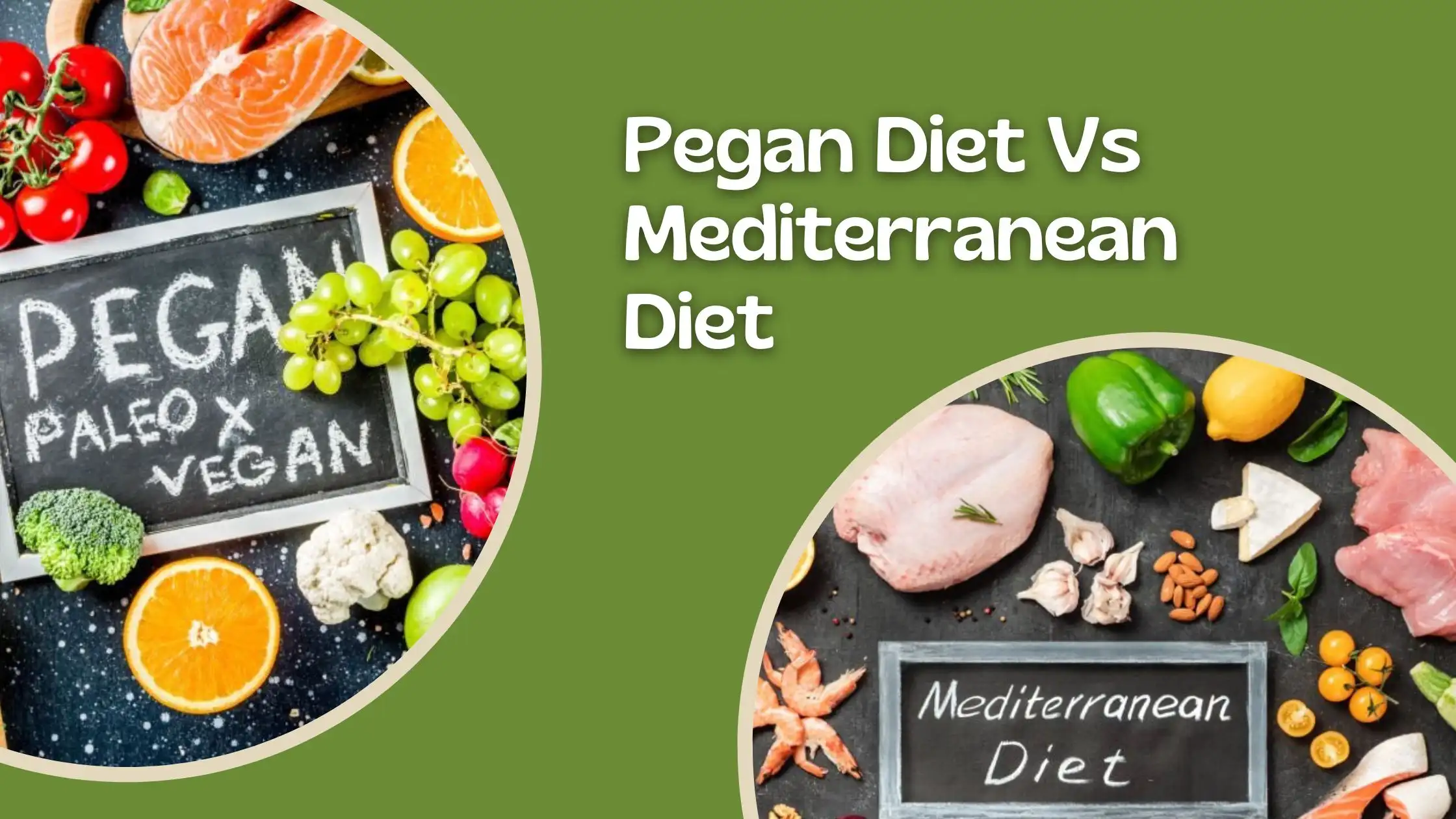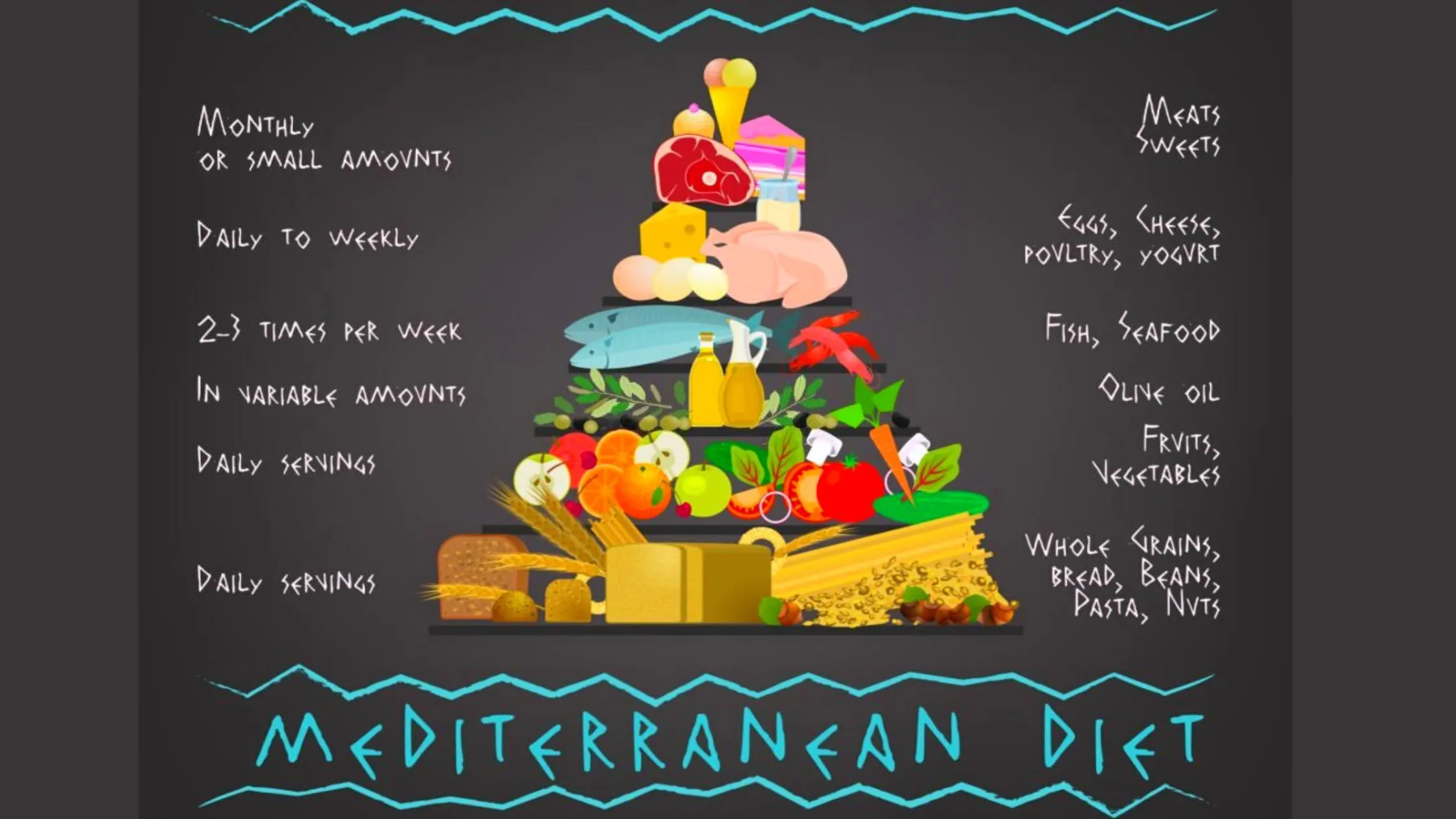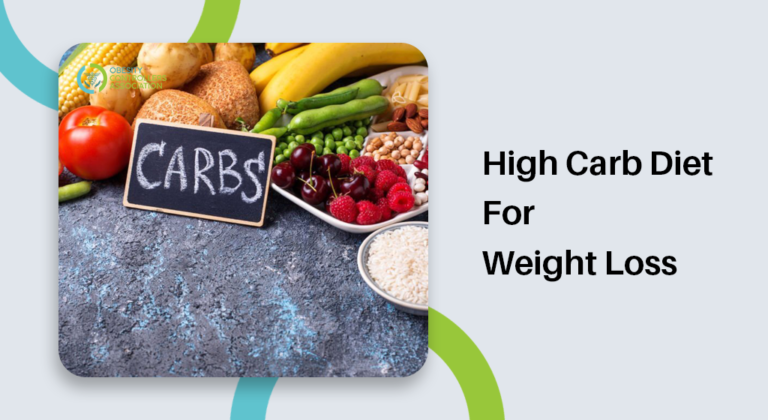Pegan Diet Vs Mediterranean Diet: What Is The Best One To Try?

Are you looking to upgrade the quality of your life? If yes, you have come to the right point. One of the ways through which you can attain a happier and healthier life is through diet. By following a strict and healthy diet, you can attain many benefits such as weight loss, protection from lifestyle diseases, better cognition, etc. There are many diet trends that you can simply access with one mouse click away.
As there are many diets, you might get confused about what type of diet to choose. That is why we have come up with this article. In this article, you can find all the major aspects of two important and trending diets known as the Pegan diet and the Mediterranean diet. As you move along you will get a clear picture of what these diets are about and what benefits they offer. So dive right into the article and decide for yourself, which diet is better for you, Pegan or Mediterranean.
What Is The Pegan Diet?
The Pegan diet is the amalgamation of the paleo and vegan diets.

The paleo diet simply mimics the paleolithic age’s food habits, which include fruits, vegetables, meat, and fish. A vegan diet is a diet that incorporates only vegan food and avoids anything that comes from animals. Both paleo and vegan diets simply don’t have many commonalities.
But when one combines what is common between the two, the Pegan diet happens. The key principle that drives the Pegan diet is to harness better nutrient absorption and reduce inflammation in your body. It also aims to balance blood sugar levels and aid in achieving an optimal state of health. The Pegan diet was created by Dr. Mark Hyman, who is a functional medicine practitioner and writer.
Pegan diet: What you can eat and what you can’t eat?
The major constituent of the Pegan diet is fruits and vegetables. 75% of the diet consists of these components. The remaining part of the diet consists of meats, healthy fats, and eggs. A minimal amount of legumes and whole grains are also permissible in this diet. Check out the detailed list of what foods you can eat and what you can’t in the Pegan diet below.
Foods to eat – Pegan diet
- Fruits, but choose low-glycemic ones such as pears, strawberries, apples, etc.
- All vegetables.
- Eggs.
- Seeds and nuts but avoid peanuts and legumes.
- Alternatives of dairy without added sugar. Eg: coconut yogurt.
- Healthy foods which are rich in oil such as avocado or olive oil.
- Organic or grass-fed meats and poultry.
- Fish that are caught sustainably eg: anchovies, sardines, and salmons.
- Minimal amounts of black rice, quinoa, beans or lentils, etc.
Foods to avoid – Pegan diet
- Dairy products such as cow’s milk, cheese, and yogurt are to avoid when you are on a Pegan diet. But some amounts of sheep and goat milk are permissible along with grass-fed butter.
- All gluten products are strictly discouraged when you are on a Pegan diet.
- Gluten-free grains are also restricted when you are on a Pegan diet.
- As legumes can increase blood sugar, they are discouraged. But low-starch legumes like lentils can be used.
- Any kind of food additives, refined oils, and sugars are discouraged. But occasional usage of sugar is permitted.
Benefits of the Pegan diet
Many benefits are reported for the Pegan diet. Some are provided below:
- It can reduce oxidative stress and inflammation: One of the crucial benefits of the Pegan diet is that it can help relieve you of the symptoms of inflammation and oxidative stress. As the diet mostly consists of vegetables and fruits, the rate of inflammation can be considerably lower in your body.
- It can improve heart health: Another benefit of the Pegan diet is that it can improve the health of your heart. As the diet mainly consists of unsaturated fat derived from fish, seeds, and nuts it can positively affect your health.
- It can be effective against diabetes: Pegan diet is formulated based on the concept to maintain the blood sugar levels in your body. The focus of the diet is to choose vegetables and fruits which have a low glycemic index and can lower the blood sugar levels in your body. So the diet can be effective against diabetes.
- It fulfills the nutrient needs of your body: Pegan diet is a combination of paleo diet and vegan diet which can thereby meet the nutrient needs of your body more effectively. Also as the diet restricts the consumption of ultra-processed foods, the overall health quality of your body will be increased.
Drawbacks of the Pegan diet
- Overly restrictive: One of the downsides of the Pegan diet is that it can be unnecessarily restrictive at times. For example, the Pegan diet restricts the consumption of healthy foods like legumes. For people who have allergies to these foods, such control can be beneficial. But unless that is the case, legumes play an important role in the nutrition system and the Pegan diet simply avoids it. This can lead to some kind of nutrient deficiency from the Pegan diet.
- Difficult to carry out: Another downside of the Pegan diet is its lack of accessibility. As the diet suggests the consumption of a wide array of food groups that span over different categories, it can be really difficult for you to gather the food items and prepare the meal. Also, the suggestion of using organic foods can be a bit costly as not everyone can afford to consume organic foods. Along with that, the control over the usage of specific cooking oils can make the process a bit more difficult to carry out.
What Is The Mediterranean Diet?
As the name suggests, the Mediterranean diet is a diet that is inspired by the food habits of the people who live in the countries that surround the Mediterranean sea. These include countries like Greece, Italy, France, Spain, etc. Many studies were published that explained the longevity and higher immune health of the people who lived around these countries. As per these studies, it was found that people who live in the countries that surround the Mediterranean sea had some commonalities in their cooking styles.

The usage of olive oil and consumption of plant-based foods were some of them. The term Mediterranean diet was first coined by Ancel Keys, who was a specialist in biology and animal physiology. During one of his research, he found out that the people who reside around the Mediterranean basin had relatively fewer cardiovascular issues and had much more longevity than the rest of the world. This prompted him to keenly analyze the food habits of these people and later led to the formation of the Mediterranean diet.
Mediterranean diet: What you can eat and what you can’t eat?
There are some controversial arguments still prevailing on what to eat and what not to eat as part of the Mediterranean diet. This is because Mediterranean countries have different types of food consumption. Still, researchers have assorted some common eating patterns of the Mediterranean people and the foods that come in this diet are as follows.
Foods to eat – Mediterranean diet
- Vegetables such as broccoli, spinach, cauliflower, cucumbers, etc.
- Fruits such as bananas, strawberries, dates, melons, etc.
- Nuts and seeds such as walnuts, hazelnuts, pumpkin seeds, etc.
- Legumes such as lentils, pulses, beans, etc.
- Foods that belong in the whole grain group such as brown rice, oats, barley, etc.
- Poultry such as duck, chicken, etc.
- Fish and seafood such as tuna, shrimp, salmon, sardines, oysters, etc.
- Dairy such as yogurt, cheese, milk, etc.
- Eggs such as quail, duck eggs, chicken, etc.
- Healthy fats such as olive oil, avocados, etc.
- Herbs and spices such as basil, sage, rosemary, garlic, pepper, etc.
Foods to avoid – Mediterranean diet
- Limit the consumption of added sugars found in candies, ice cream, syrup, soda, etc.
- Avoid the usage of refined grains found in pasta, tortillas, white bread, etc.
- Do not use trans fat such as fried foods, margarine, etc.
- Limit refined oil is found in soybean oil, cottonseed oil, etc.
- Avoid processed meat and highly processed foods such as sausages, beef jerky, fast food, etc.
Benefits of the Mediterranean diet
As the Mediterranean diet comprises a wide array of food items from different categories, the benefits this diet offers are unparalleled. The benefits of the Mediterranean diet are listed below:
- Reduce the risk of cardiovascular diseases: Many studies have made it evident that the Mediterranean diet can be beneficial in reducing the risk of cardiovascular disease. Such a study was published in The Cochrane Database of Systematic Reviews in 2019. Based on this study, it was found that people who follow the Mediterranean diet had a relatively lower risk of cardiovascular diseases. This is because the diet consists of a low-glycemic index and low-carbohydrate and high-protein food items.
- Effective in preventing Diabetes: Mediterranean diet is also known to reduce the risk of Diabetes. As this diet consists of foods that are less in glycemic index, it can help balance the blood sugar levels in your body.
- It can reduce the risk of cancer: Based on the meta-analysis of observational studies, it was found that high adherence to a Mediterranean diet can reduce the risk of cancer mortality by 10% and can lower the impact of cancers such as colorectal cancer by 14%, prostate cancer by 4% and aerodigestive cancer for 56%.
- It aids in weight loss: Mediterranean diet has proven beneficial in helping overweight and obese adults in losing weight. As the Mediterranean diet is rich in plant-based and has high unsaturated fat content, moderate weight loss over 6 months is recorded by studies.
Drawbacks of the Mediterranean diet
Like many of its benefits, there are also some drawbacks to the Mediterranean diet. Check out the list below to know what are its downsides.
- It is possible to gain weight: Mediterranean diet consists of a variety of food items. So it is possible to go overboard and gain weight. As the diet consists of items like olive oil, it can lead to weight gain if consumed beyond a limit.
- Chance for Iron deficiency: As the diet is mostly plant-based, not eating enough meat can lead to iron deficiency. To cope with this, make sure to consume foods that are rich in vitamin C, which can increase iron absorption by your body.
- The cost of the diet can be a bit higher: Mediterranean diet consists of the consumption of healthy foods and avoiding highly processed foods. This can be a bit costly for your budget.
- Guidance from your medical practitioner is needed: If you have issues such as GERD or lactose intolerance, make sure to consult your doctor before following the diet. As the Mediterranean diet allows the consumption of red wine, it can be harmful to you if you have conditions such as GERD. Also, some of the items in this diet can induce digestive issues such as lactose intolerance.
Get more information: What Is A Mediterranean Diet? Tips And Methods To Follow!
Pegan Diet Vs Mediterranean Diet: A Brief Comparison
From the aspects mentioned above, we can summarize the major aspects of the Pegan diet and Mediterranean diet. These are listed in the table below.
| 👉 Pegan Diet | 👉 Mediterranean Diet |
| Combination of Paleo and Vegan diets. | Based on the eating patterns of people living in the Mediterranean region. |
| Balance blood sugar, reduce inflammation, prevent heart diseases, etc | Reduced risk of heart disease and cancer. Healthy weight loss and longevity. |
| Bit restrictive and expensive. | Bit costly and might lead to weight gain if the limit exceeds. |
| Includes vegetables, fruits, proteins, healthy fats, legumes, and natural sugars. | Vegetables, fruits, nuts, seeds, legumes, whole grains, fish, poultry, dairy, herbs, and spices. |
| Limits dairy, soy, vegetable oil, added sugars, and highly processed foods. | No added sugars, refined grains, trans fats, processed meat, and highly processed foods. |
Which is better for you?
On comparing the Mediterranean diet and Pegan diet, you can find that both diets consist of many similarities. Both diets suggest the usage of fresh and whole foods. Both of these diets recommend the consumption of vegetables and fruits and avoiding the consumption of highly processed food items.
The crucial difference between these two diets is that while the Mediterranean diet permits the usage of whole grain-based foods, the Pegan diet restricts the consumption of any gluten-based food items. Both diets encourage healthy eating and aid in weight loss. These diets are also shown to be effective in fighting against certain diseases such as diabetes, cancer, cardiac issues, etc. Along with that, both diets are effective in improving brain function.
If you are intending to lose weight while maintaining a healthy body, the best diet for you will be the Mediterranean diet as it provides all the above-mentioned benefits and is not too restrictive.
Conclusion
So when one reaches the bottom line of the article, it can be found that both the Mediterranean and Pegan diets have their specialties and benefits. Both diets advocate the usage of whole foods and restrict highly processed items. While the Mediterranean diet is based on the food culture of those people who live around the Mediterranean sea, the Pegan diet is a combination of the paleo diet and vegan diet.
On going through the article, one can find out that both diets encourage the consumption of vegetables, fruits, nuts, legumes, meat, etc. Both diets ask to control processed foods and added sugars. On diving further, both diets seem to provide multi-levels of benefits for your body. It includes prevention from certain diseases such as heart issues, cancer, diabetes, etc. Also, both diets can improve your immune system and increase your longevity.
Anyway, one is suggested to choose a diet wisely based on the specific needs of one body. Also, make sure to consult a doctor before starting any form of diet especially if you have any medical conditions.
FAQs
No. Dairy products are strictly prohibited while you are on a Pegan diet.
Yes. Small portions of proteins such as eggs, salmon, chicken, etc are encouraged in the Pegan diet.
No. drinks such as coffee and alcohol are restricted on a Pegan diet.
Moderate amounts of low-fat dairy are allowed in the Mediterranean diet.
It is suggested that you should stick to at least 6 months on the Mediterranean diet for weight loss.





